Sleeping on the Streets as Communities Collapse, Some Lose Their Lives… The Sad Background of the Rapid Increase in the Number of “Foreign Homeless
Nonfiction writer Kota Ishii takes a close look at the reality of the "young homeless," young people who have lost their homes!
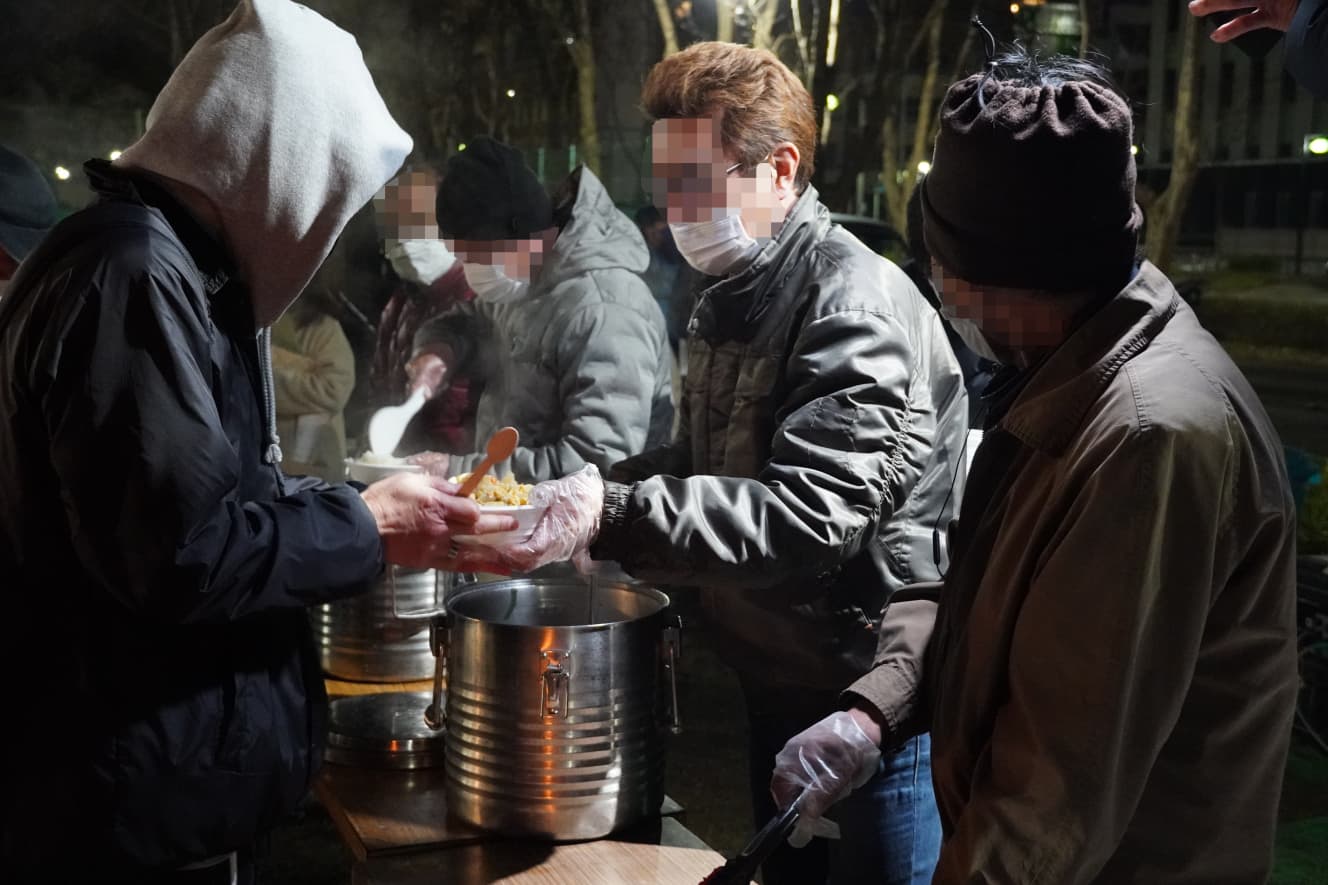
Did you know that the number of foreign homeless people in Japan is currently increasing?
Most Japanese have probably never seen a foreign homeless person in Japan before.
They may have seen them sleeping on a park bench for a day or two or spending time at a family restaurant, but they have rarely encountered a foreigner living in a cardboard house in a corner of a downtown area or living in a barracks on a riverbed. It should be no surprise.
However, according to supporters, foreign homeless people have become increasingly noticeable in the past two or three years, especially in urban areas. The number of Asian, Middle Eastern, South American, and other foreigners sleeping on the streets has been increasing.
Tsukuroi Tokyo Fund, a general incorporated association, is an organization that provides assistance to needy people in Japan. Its staff member, Yuma Osawa, has been mainly engaged in livelihood support projects for foreign residents in Japan. From his experience, he says the following.
Right now, we mainly support refugees in Japan. Since the spread of the new type of corona, there has been a clear increase in the number of consultations from foreigners who have lost their housing. At this time, we often receive complaints of physical ailments from them. It is thought that people who had managed to live with the support of the people around them until then have lost their living space by losing it.”
Working 5 days a week and earning 100,000 yen
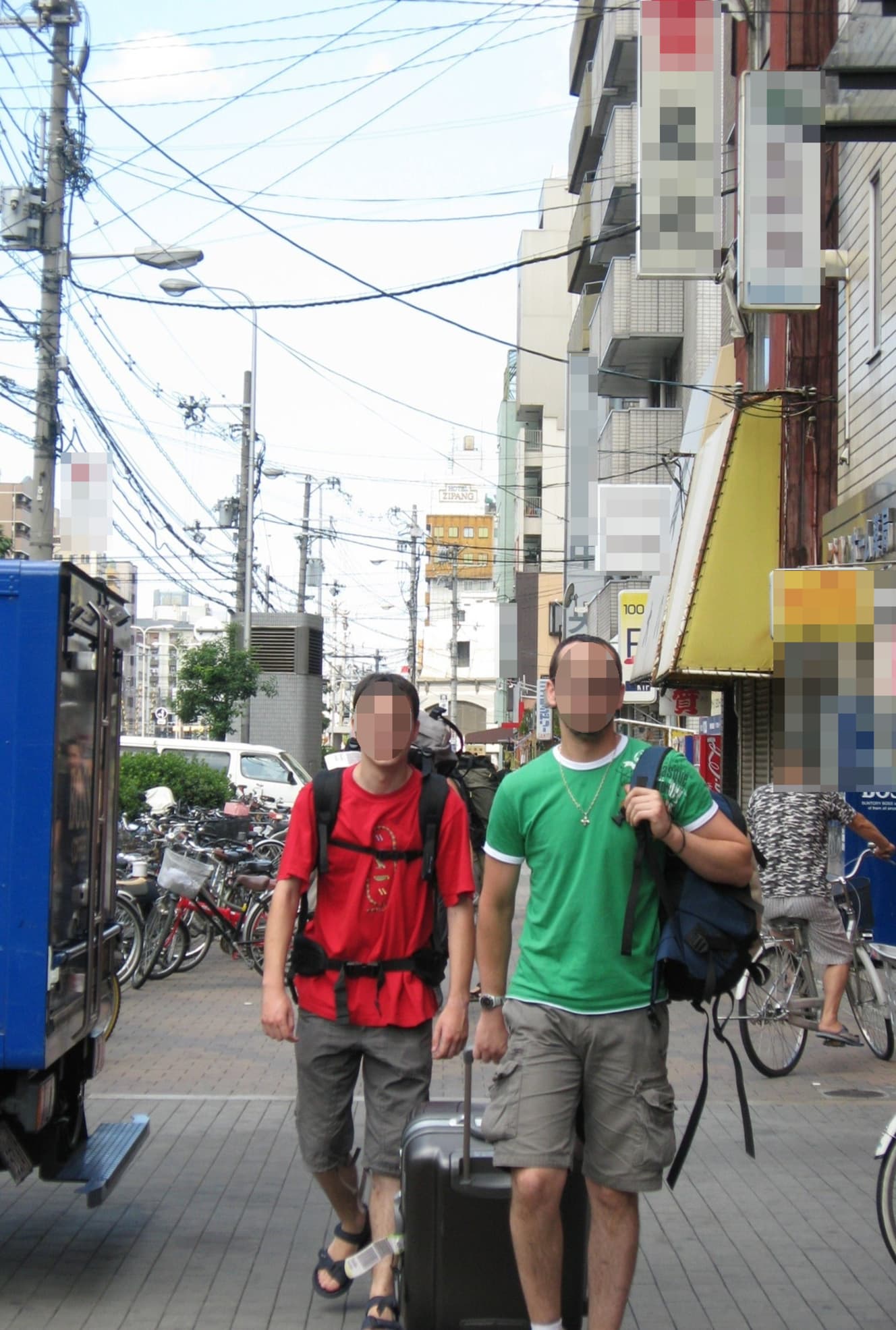
Impoverished foreigners living in Japan. What on earth is going on among them?
It is estimated that about 2.67 million foreigners are currently living in Japan. Most of them are of South American descent, followed by Asian descent, but in recent years, the number of people from the Middle East and Africa has been increasing as well.
Many of the foreign residents from developing countries are migrant workers. They often work in poor conditions, and even if they work five days a week at a factory, their take-home pay is usually around 100,000 yen. They also work part-time as cleaners or hostesses to support their families or send money home to their home countries.
A Vietnamese worker said, “Everyone has no savings.
Everyone doesn’t have any savings. If they get injured or get sick, they can’t make a living. They can’t say ‘help’ because they don’t speak the language. So I’m afraid every day that I might get sick or hurt.
As he says, if he is unable to work for a certain period of time due to illness or accident, his barely scraping by will collapse in no time. He will not be able to pay his rent, and he will have no choice but to become homeless after being evicted from his apartment by the real estate company. In other words, foreign workers are at a higher risk of becoming homeless than Japanese.
Why, then, have we seen so few foreign homeless people in Japan until now? The answer is that there is a “safety net” unique to foreign workers.
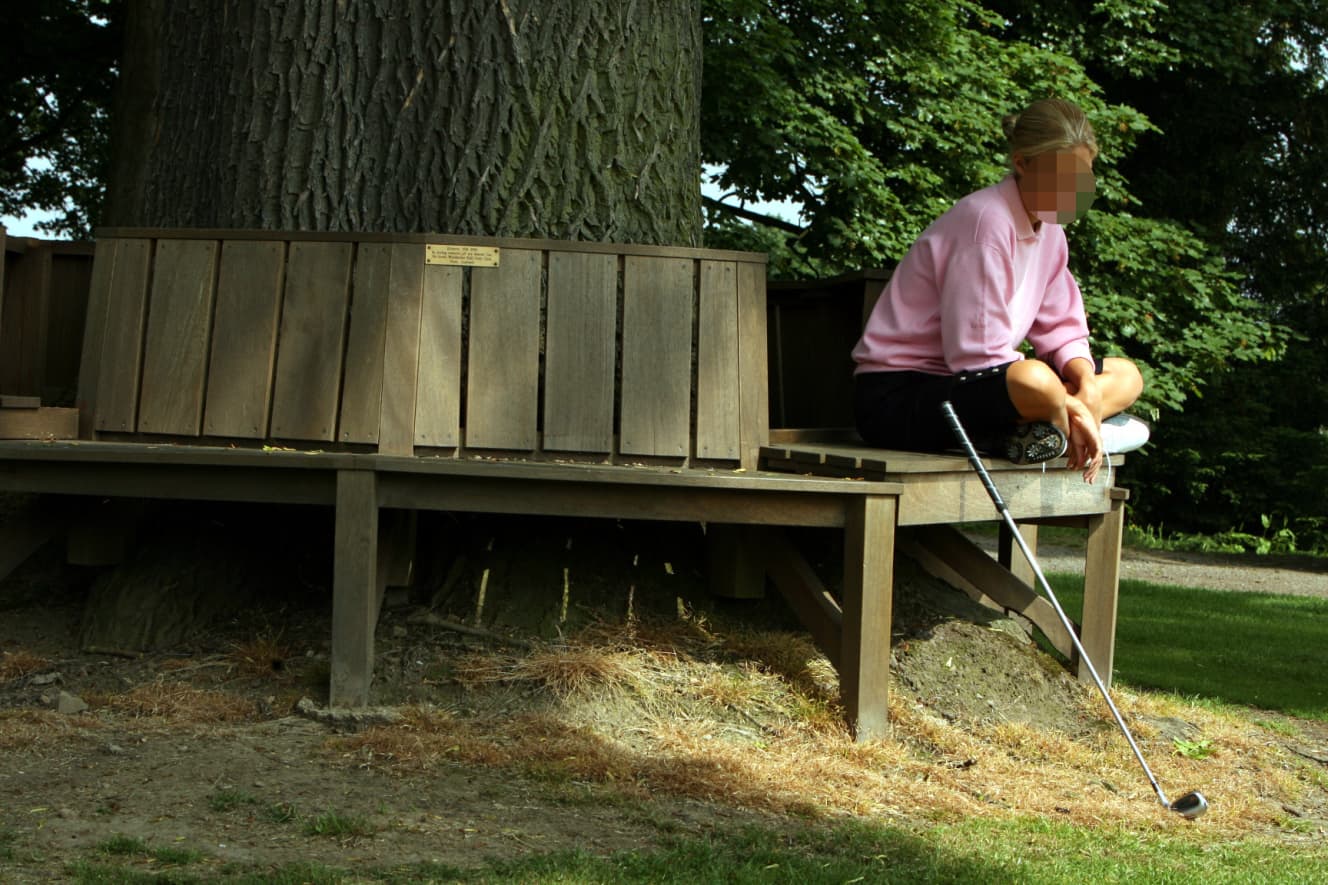
Foreign workers form communities with people of the same country and ethnicity to support each other in order to survive in Japan. Thais connect with Thais, Pakistanis with Pakistanis as “comrades from the same country who have come to Japan,” exchanging information, introducing jobs, helping with childcare, and lending things.
A Sri Lankan exporter of used cars said, “In the old days, Sri Lankans used to come to Japan to work.
When Sri Lankans used to come to Japan as migrant workers, everyone was poor. So we formed friendship groups with people we met on the construction site and helped each other.
Eventually, some Sri Lankans married Japanese or started businesses and became rich. Then, many people would gather around them. The community grew, and it became possible to hire Sri Lankans in need at their own companies, or to let people who had been evicted from their apartments for non-payment of rent live in their own houses.
Now there are Sri Lankan communities not only in Tokyo and Osaka, but also in other cities. The leaders are all friends, so there is a connection between the communities.
Foreign workers are in a very weak position in Japan, and it is difficult for them to rely on the system. Therefore, they have been supporting each other by building a community in the form of “mutual aid.
There are many different forms of foreign communities.
In Tokyo, there are cases where the town is the center of the community, such as Takenotsuka, known as “Little Manila,” or Nishi-Kasai, known as “Little India,” while in other cases, Filipino or Brazilian communities have been established around churches.
Story of a Vietnamese Saved by the Community
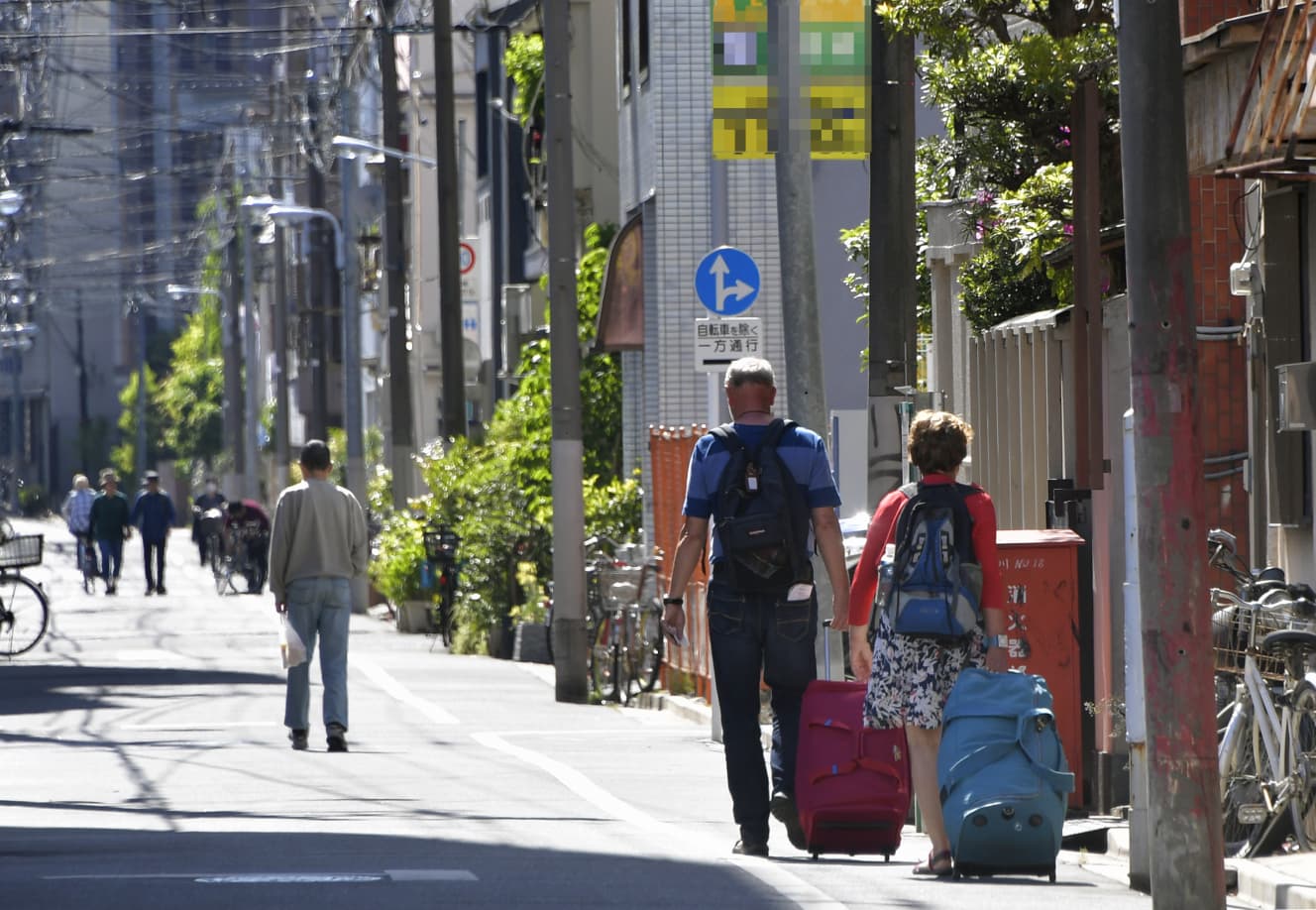
Alternatively, large Pakistani-run companies are the recipients of employment, and communities may be formed there. In other cases, a dozen or so Vietnamese working at the same factory may get together to form a community.
The reason why foreigners, many of whom are supposed to be needy, do not become homeless is that these communities function effectively.
Because of their strong ties and mutual assistance, even if someone loses their housing, they can stay at an acquaintance’s house or borrow money.
Japanese, on the other hand, can rely on the welfare system and do not need to go to the trouble of forming such a community. Therefore, when they have difficulties in their daily lives, they try to use the welfare system. On the other hand, if they cannot use the welfare system because of intellectual disabilities or special circumstances, they may become homeless.
Specifically, I would like to introduce a case study of a foreigner who was able to avoid homelessness through the help of the community.
Dong, a Vietnamese man in his 50s, had been living and working in a dormitory owned by a construction company since he arrived in Japan. One day, Don suffered a back injury in his private life and had to take time off work, which resulted in a significant decrease in his salary.
Although he was allowed to live in the company’s dormitory, he was forced to pay off a past accident debt. Don’s living woes caused him to steal 5,000 yen that belonged to a co-worker. The company later found out about it, and Don was fired and kicked out of the dormitory.
Sitting on a park bench, Dong was at a loss and wrote on Facebook about his current situation. Then a Vietnamese man who worked at a nearby factory contacted him. As Vietnamese living in the same area, they were friends who occasionally got together on weekends for drinks.
He said, “If you are in trouble, you can live in my dormitory. I don’t really allow non-employees to stay here, but I’ll cover for you.
The company dormitory was a five-mat apartment where two foreign employees lived in pairs. He convinced the other one to let him and Don live with the three of them.
The living expenses during that time were funded by several Vietnamese who worked at the same factory. Dong decided to wait until his back healed before going to work at the factory where they worked.
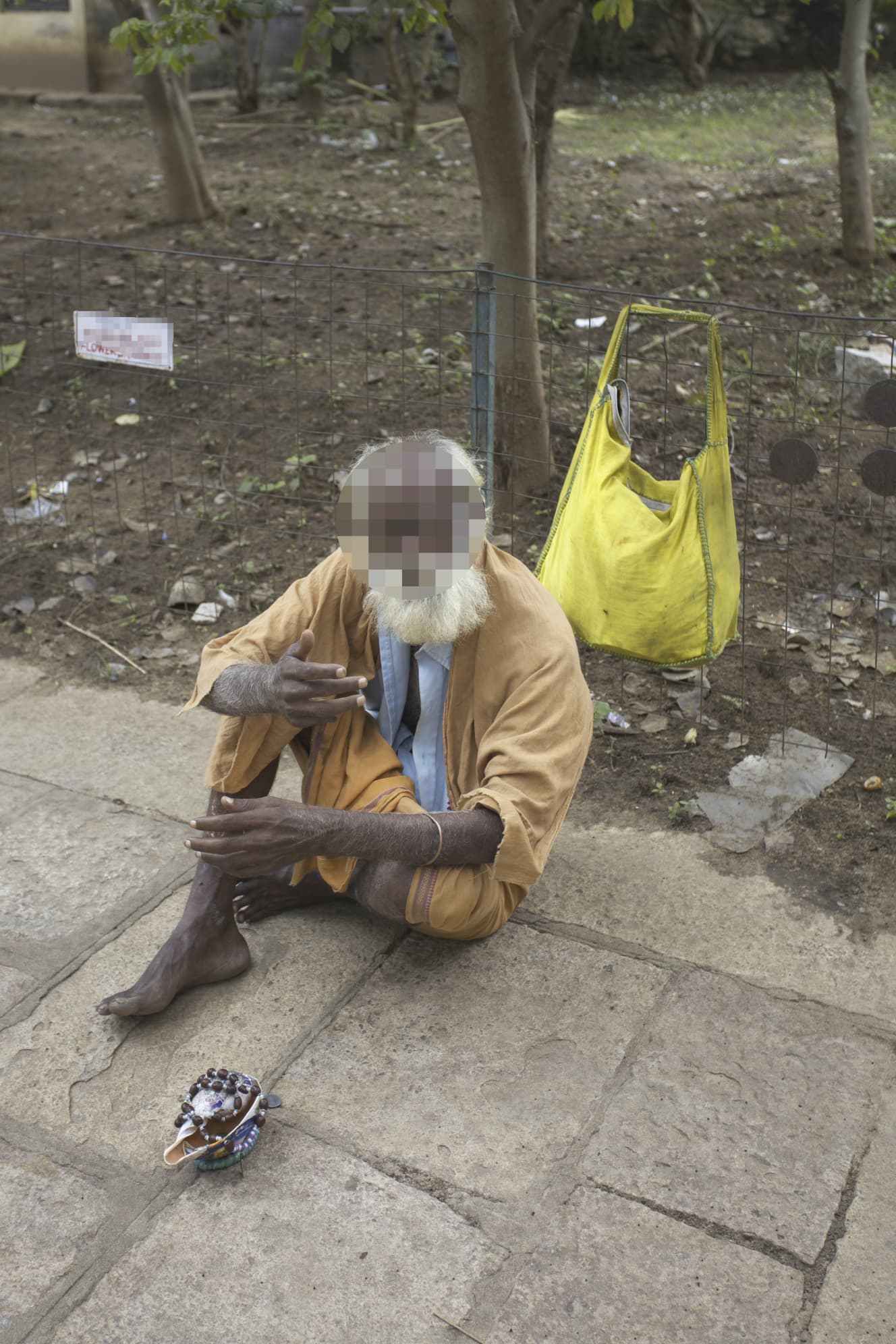
I would like to introduce another case of a Thai woman.
Jam, a Thai woman, worked as a hostess at a foreigner’s snack bar after coming to Japan; when she turned 40, she married a Japanese man, a regular customer, for the second time.
The Japanese man became violent as soon as he joined the family. He became violent toward his wife, Jam. Jam became mentally ill and could no longer go to work at the foreigner’s snack bar. Her husband forcibly kicked her out, saying, “I don’t want a woman who only costs money.
Jam sought help from a Thai woman who lived in the same town and owned a traditional massage parlor. There were more than a dozen Thai people working in this town, and they had been meeting regularly to exchange information and help each other for some time.
This Thai woman offered to let Jam sleep in her store after the store closed until he was cured of his mental illness. She also approached a Thai man who worked as a cook at a nearby Thai restaurant and asked him to share the leftovers from his restaurant. This allowed Jam to sleep and eat at the restaurant free of charge for almost a year.
Some people lost their lives. ……
Jam then took a part-time job at a traditional massage parlor. Then, when he was well enough, he got a job making beds to save money, and another year later, he was able to be independent!
Most Japanese probably don’t have the idea of living in a company dormitory with three other people or sleeping in a massage parlor and subsisting on leftovers from a Thai restaurant. But that is how foreigners overcome difficulties in Japan, working together in a community.
Why, then, did the community become vulnerable and the number of foreign homeless people increase after the spread of the new strain of corona?
The fact is that the recession triggered by the new corona has been directed at the most vulnerable members of society, and the mutual support of the community has ceased to function. As a result, the most distressed among the foreign residents in Japan lost their housing one after another.
As Osawa noted above, “The recession has made it difficult to provide safety for foreign residents.
I think it is significant that the recession has shaken the safety net for foreigners. Also, as far as refugees are concerned, the Immigration Bureau has suddenly begun to let foreigners out of the country with ‘provisional release. The Immigration Bureau did not even allow them to work, and sent them out into the COVID-19 crisis society without allowing them to live in Japan. This left many people in a situation where they could not even eat.
Some of these foreigners even lost their lives.
What foolish measures did the government take in the midst of the recession? For more details, please refer to Part 2: The Surge in the Number of “Homeless Foreigners” and the Raw Reality of the Death Toll.
Part 2: The Surge in the Number of ” Homeless Foreigners,” and the Raw Reality of Some of the Deaths.
Interview and text: Kota Ishii
Born in Tokyo in 1977. Nonfiction writer. He has reported and written about culture, history, and medicine in Japan and abroad. His books include "Absolute Poverty," "The Body," "The House of 'Demons'," "43 Killing Intent," "Let's Talk about Real Poverty," "Social Map of Disparity and Division," and "Reporto: Who Kills the Japanese Language?
Photo: Jiji Press Afro